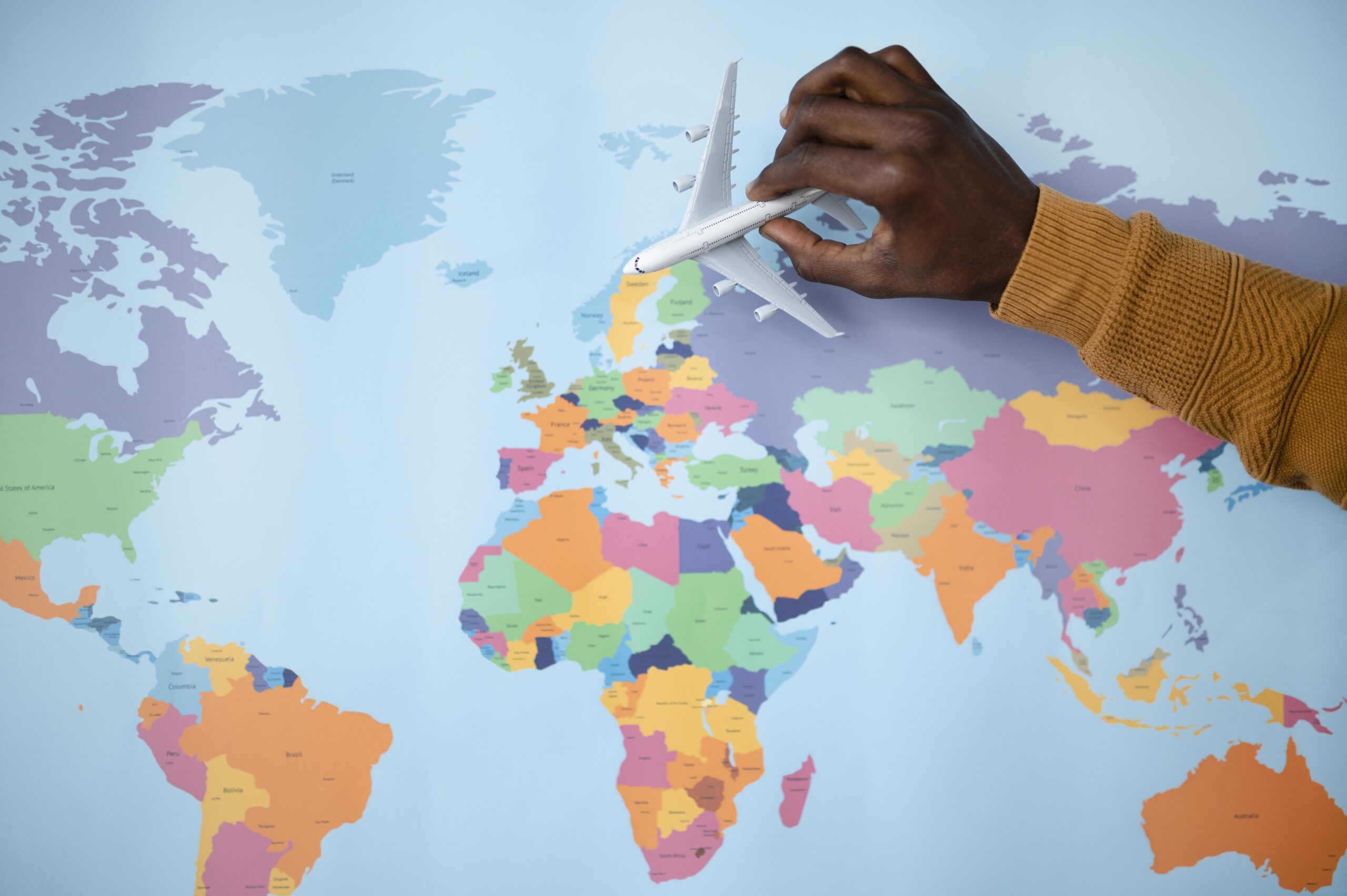Sovereign wealth funds and the political economy of the Middle East & Africa
March was a busy month for the MEA region Sovereign Wealth funds. As expected, the Saudis, Qataris, and Emiratis led investment activities in this region. Let us look at some of the significant investment moves made by these funds in March.
Ethiopia Investment Holding (EIH):
- The fund signed a deal with UAE Emirates renewable energy company Masdar (partly owned by Abu Dhabi Mubadala) to develop a 500 MW solar project.
- The fund announced plans to launch the Ethiopia Stock Exchange (ESX) to list over 50 companies for possible privatization and increase capitalization for others in the portfolio.
Saudi Public Investment Fund (PIF):
- To accomplish the kingdom’s 2030 vision of attracting 100 million visitors a year, the Fund launched Riyadh Air (RIA) to connect the country to more than 100 global destinations. The Fund appointed Mr. Tony Douglas, former Abu Dhabi-based Etihad Airlines, as its new CEO and Mr. Peter Bellew, its chief operating officer. The new airline is projected to add $20 billion of non-oil GDP growth and create over 220,000 direct and indirect jobs. The Fund ordered an initial buy of 39 Boeing jets for $35 billion with an option for 23 more.
- In its efforts to diversify the economy away from oil, the Fund plans to spend over $100 billion in aviation investment to support its plans in tourism.
- The Fund signed an MOU with Japan’s Marubeni Corporation for a feasibility study to produce clean hydrogen in Saudi Arabia.
- The wrestling observer newsletter announced and confirmed that Saudi’s PIF has a strong interest in buying the wrestling company WWE. It is rumored that the company is asking $9 billion to sell.
- The Fund announced its financial support of the private sector to increase its impact on the non-oil economy from 40% to 65% of GDP by 2030. Some of the projects the Fund is focusing on are Agri-projects and real estate. Currently, the Fund, through its real estate development company ROSHN, is working on four projects: Alfulwa, Sedra, and Warefah in Riyadh and Alarous in Jeddah.
In the kingdom and for 2023, I predict the fund to continue its financial support and investments in tourism and real estate-related projects. To address the issue of unemployment of its large young population, the fund should invest more in building medium to large industrial, manufacturing, and technology complexes in major and small cities around the kingdom.
The Sovereign Fund of Egypt (TSFE):
- The recently founded Fund (2018) has circa $2 billion of assets under management. The Fund was chosen by the industry organization Global SWF as the Fund of the Month for March. The Fund’s CEO Mr. Ayman Soliman and his team were praised for their ability to attract foreign investors and manage domestically owned companies to profitability.
Sovereign Wealth Fund of Namibia (Welwitschia Fund):
- The Namibia fund was set up in May 2022 with an initial capital of $16.5 million. The country’s finance minister has announced this month that no funding will be allocated for the fund in the 2023-2024 budget.
United Arab Emirates (Mubadala Investment Company):
- In a partnership with Apollo Global Management, Inc., the fund pledged $2 billion for a joint venture with Alpha Dhabi Holding to invest in the private credit sector, focusing on corporate borrowers.
- UAE energy group Masdar (Abu Dhabi Future Energy Company) and Indonesia investment Authority participated in the year’s 3rd largest IPO in Indonesia’s PT Pertamina Geothermal Energy (PGE)—one of the world’s biggest geothermal energy producers. They raised $595 million.
- Mubadala Investment Company’s health care division signed an equity agreement with USA-based healthcare-focused company Resilience to establish and operate a biopharma manufacturing plant in Abu Dhabi to manufacture cancer therapies and necessary vaccinations.
Nigeria Sovereign Wealth Fund (NSIA):
- The Fund launched an innovation prize program and started accepting applications for a $225,000 grant to support local startups and entrepreneurs in the digital technology sector of the country.
Qatar Investment Authority (QIA):
- The Qatari fund appointed Mr. Scott Senecal as Deputy General Counsel. Mr. Senecal has over 30 years of international legal experience, especially in Europe, Asia, and the Middle East.
- Due to the expansion of LNG production, sales, and prices, the fund’s chief executive officer Mansoor Bin Ebrahim Al-Mahmoud, has announced that the fund is predicting an increase in its available funding from the state’s budget of up to $32 billion.
For 2023, I expect the fund to increase its exposure to technology markets, venture capital, and medical science and less on financial institutions at least till we see more stability in global financial markets.
Libya Investment Authority (LIA): Unfortunately, there are no investment updates or news on the $67 billion LIA or its subsidiary, The Libyan Company for Foreign Investments. Due to the fund’s never-ending legal problems, many European and American fund managers have given it the title of “A Lawsuit Authority,” not an investment authority. Since 2012, LIA has spent and lost hundreds of millions of dollars on legal cases against many well-known investment companies worldwide, with no end to these exhausting legal battles.
My recommendations to Libya’s board of trustees and its head prime minister Abdelhamid Dbeibeh, who are in charge of oversight of Libya’s investment companies, is a complete overhaul of the current executive teams and better regulations and policies on future management and board appointments away from regional politics and more focus on industry expertise and knowledge.
Omar Khattaly:
A Researcher specializing in Sovereign Wealth Funds and the Middle East & Africa Political Economy




